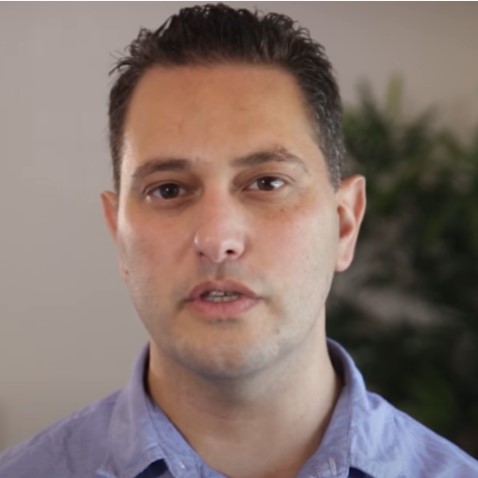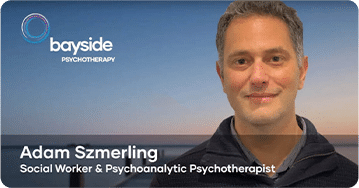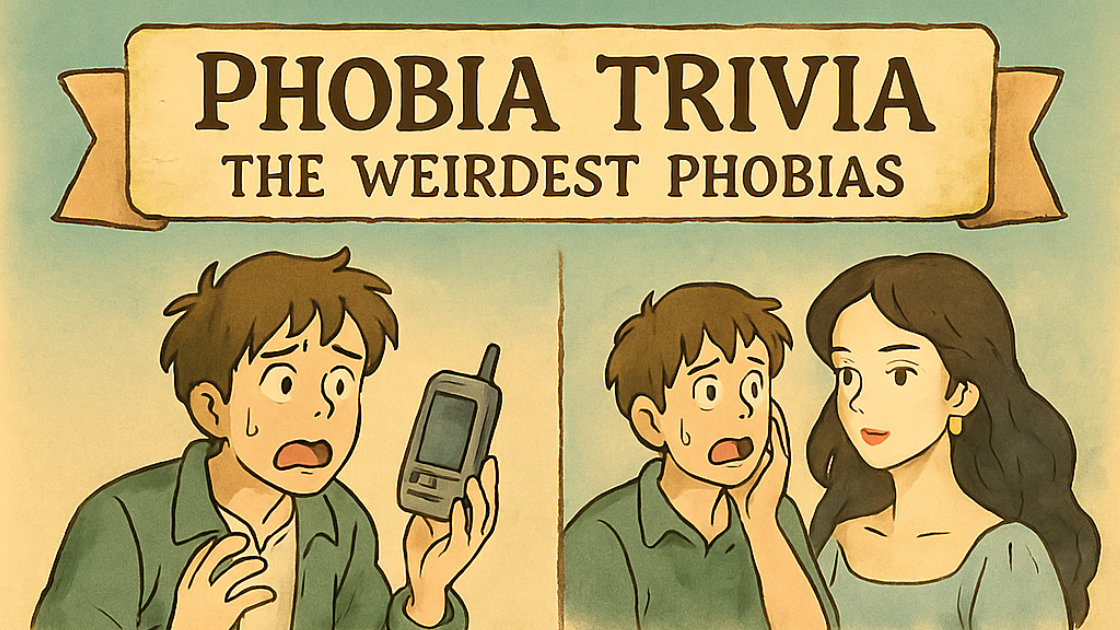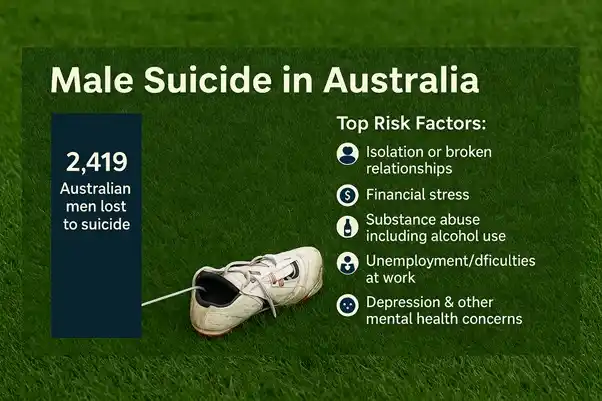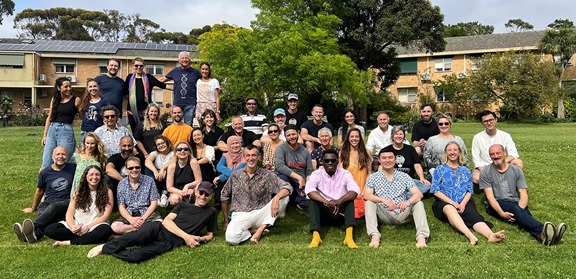Anxiety Awareness Campaign
Anxiety is one of the most common mental health problems experienced around the world; yet it is rarely spoken about and often misunderstood. An anxiety disorder is not something you can simply ‘get over’ nor is it something that goes away by itself. Taking anxiety seriously is one of the most important steps to recovery. At Bayside Psychotherapy we want to help raise awareness of anxiety disorders. Each case of anxiety is unique and there is no one-size fits all solution and for this reason we all need a better understanding of these conditions. Anxiety sufferers are not alone and we want to help everyone to realise that.
Although they may seem the same at first glance, anxiety and fear are not the same thing. Far from it. Though many people seeking therapy report a marked fear of having an “anxiety attack”, the experience and expression of anxiety, when listened to and observed carefully, is always particular to each individual and often resembles little to do with fear. Unlike an observable illness with common traits such as a cold or an ear infection, the driving mechanisms and phenomenology of anxiety are specific to each individual.
Anxiety is very important clinically because it’s often regarded as the only affect which does not lie. Other affects are deceptive in nature. Take anger. What appears as anger towards a person’s spouse might really belong with a person’s mother, or oneself, or otherwise have little to do with what seems to be the target of anger. Although anxiety can indeed be displaced, it always points to some kind of truth about the person, something worth paying attention to. This paying attention without judgement (mindfully) and speaking freely about the origins of anxiety takes time.
Fear of anxiety certainly compounds pre-existing anxiety in the form of increasing the intensity and frequency of the associated symptoms. When anxiety roams in the forefront of someone’s mind, they begin to structure their life in an effort to reduce internal and external contact with experiences that provoke anxiety. However this often rigid way of living tends to leave people deeply dissatisfied in important life domains such as love, work and recreation. Yet the alternative – to gradually increase contact with the thoughts and feelings around anxiety – can seem utterly terrifying because of the typical fear of losing control and being completely overwhelmed.
Anxiety can become an invisible internal prison leaving one feeling like they have no choice. However, when people stick around long enough in therapy they come to realise that they do have the power to make changes and begin to do things differently. Unlike depression, anxiety is not usually associated with a lack or a desire for something positive. While this wish to “get rid of anxiety” is perfectly understandable on the surface, escalating the insistence to numb, manage or remove anxiety (through drugs, food, sex or quick fix therapies) often results in a missed opportunity to understand what really has been situated behind the experience of anxiety. None of this is helped by our society’s occupation with medication, quick fix therapies and the label of anxiety as a disorder.
Clinically what we find is the opposite. Anxiety usually unfolds into a form of order, a particular way the patient arranges his or her life to maintain a sense of apparent cohesion (even though they may describe their anxiety as a loss of control). While the conscious complaint is often a desire to get rid of anxiety, there’s paradoxically usually something unconsciously secretly satisfying about the status quo, no matter how much suffering ensues, no matter how well the satisfaction from suffering remains hidden from the person and everyone else (indeed, it’s very common to purport to hate the status quo, but there’s always an unconscious investment in not rocking the boat). However until one comes to recognise their role in how their symptoms came about, little can be done to make much headway in the treatment of anxiety.
Thus, anxiety in psychotherapy is often a wonderful opportunity to help people do much more than they ever imagined. The experience affords, in the best of cases, a chance to transform one’s life in a positive way aligned with what the person really wants. What gets in the way is usually an understandable, impatient, unwillingness to explore the origins of anxiety in great detail and focus instead on avoidance or trying to get rid of it. Trying to fix it or get rid of it compounds the whole problem, even if short term apparent relief is observed. While brief therapies are covertly supported and preferred in Australia as evidenced by the government rebating 10 sessions through medicare, the short term approach is usually a patch kit, with homework exercises and challenges to thoughts but this is questionable as to affording any long term effects on the underlying issues in a profound way.
As part of this campaign we have taken an in depth look at the statistics that surround anxiety and how many people globally currently live with anxiety. We then looked into the most common symptoms surrounding anxiety; as well as conducting a series of interviews including Andrew F, John Cantor, Kayleigh Johnson and Ann Santori.
We invite people to join in by telling their side of living with anxiety through the Draw Your Anxiety Pinterest board where we are creating a visualisation of what anxiety can feel like.
Here are a couple of blogs written on this topic you might find useful:
What Are Australians Most Afraid Of? N...
From snakes and spiders to needles and ghosts, fear takes many forms. But what do Australians fear most in 2025? At Bayside Psychotherapy, our expert.
Is It Time For The AFL To Cast A Menta...
At Bayside Psychotherapy we are passionate about mental health and like many fellow Melbournians, many on our team are avid AFL fans. So when two of our.
Exploring Emerging Therapies: Understa...
At Mind Medicine Australia, we are dedicated to transforming the trea.
The Balance of Power in Romantic Relat...
Why do some relationships thrive while others feel like a constant tug-of-war? Power dynamics lie at the heart of this balance.

